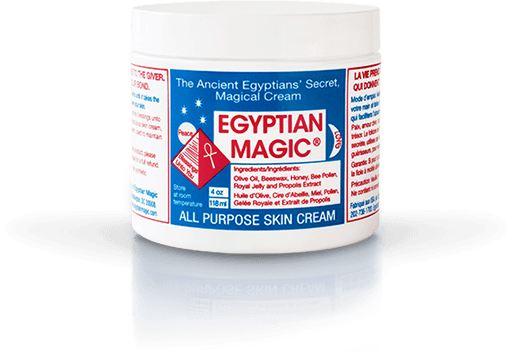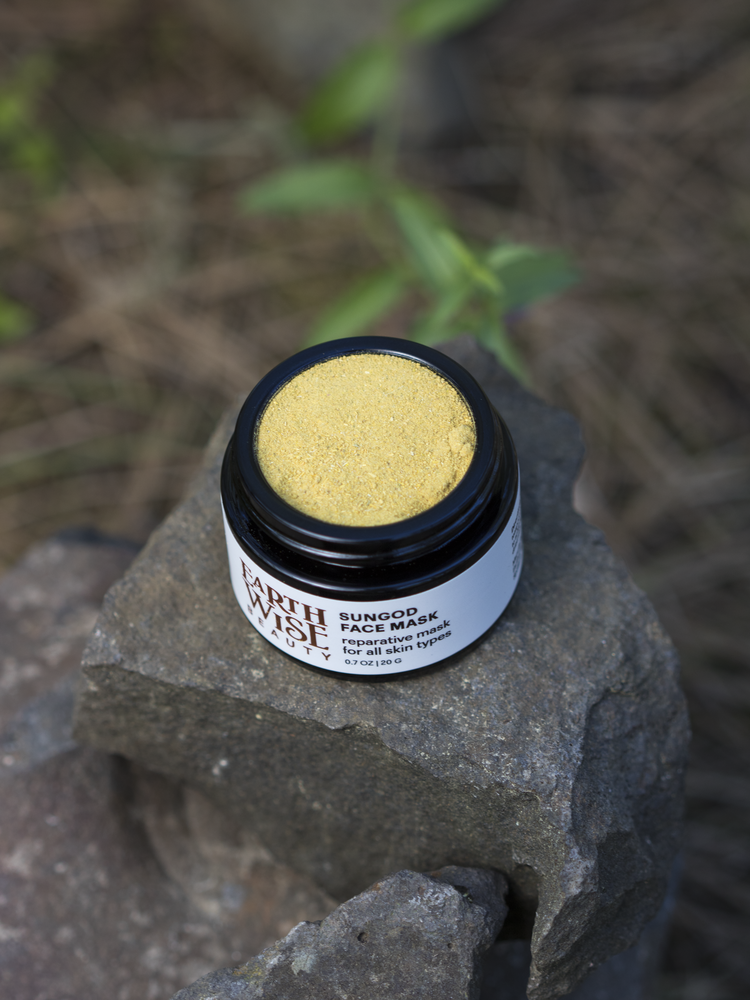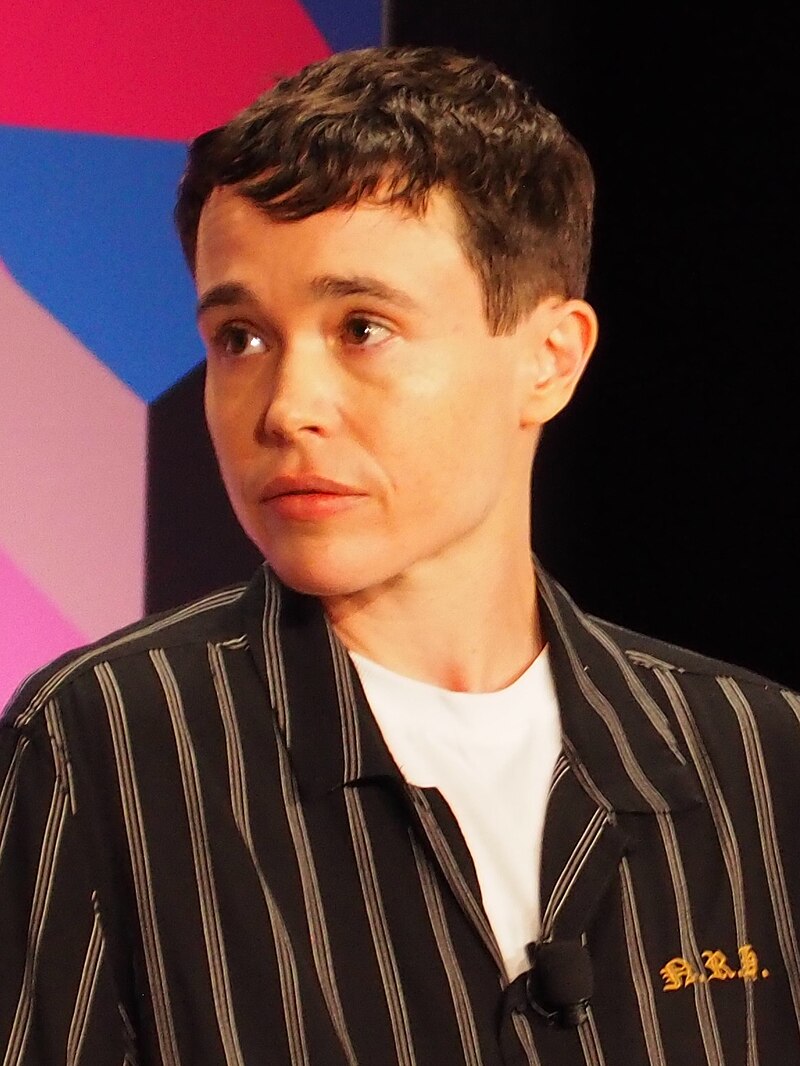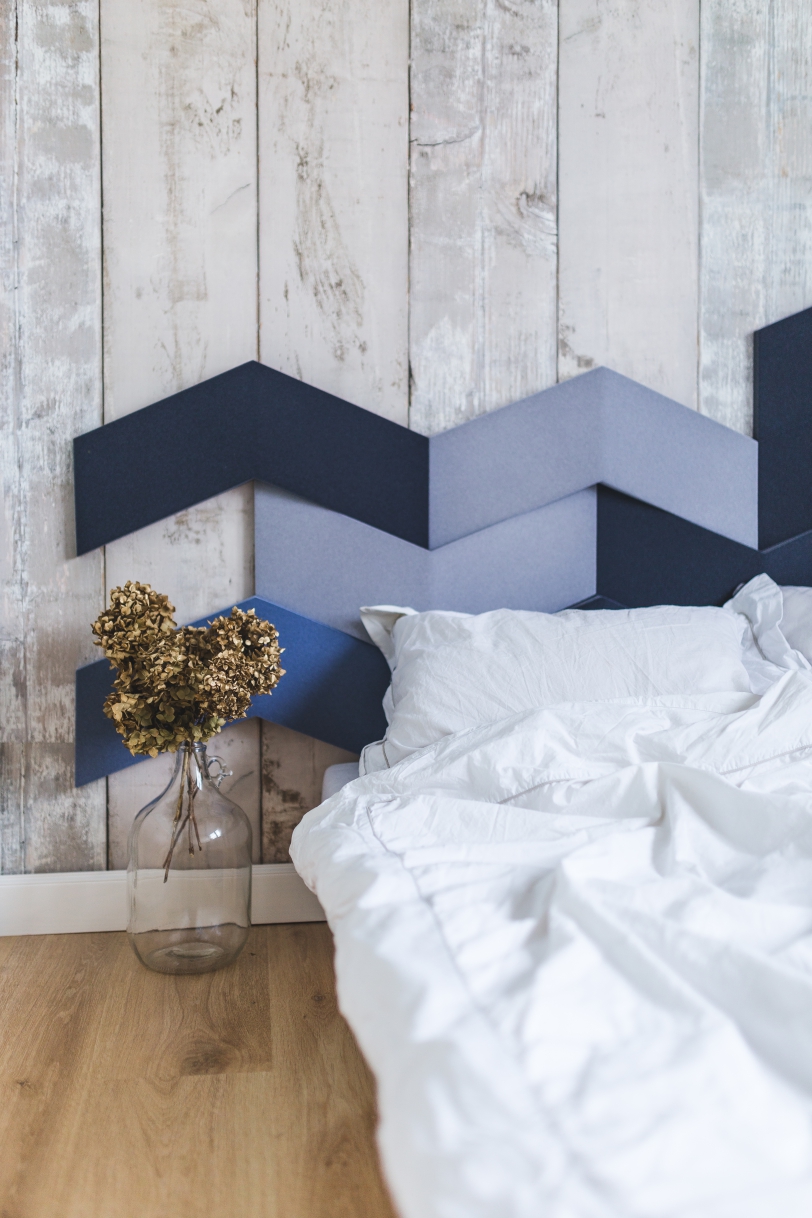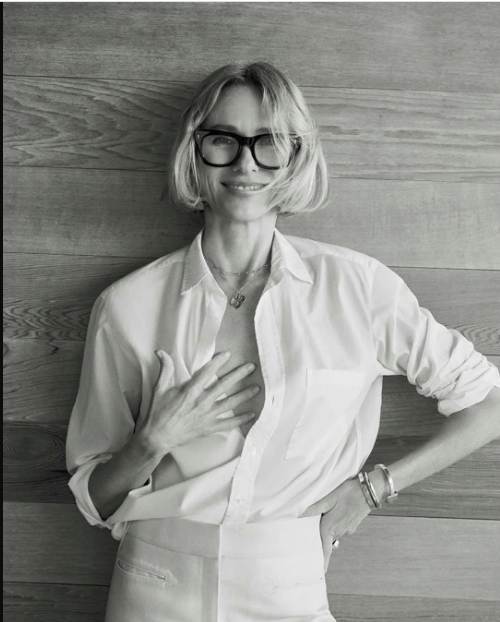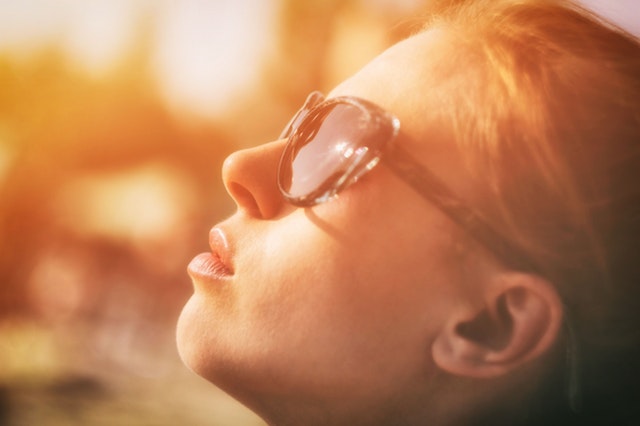Back in my teens in early 2000s, I used to devour copies of teen magazines at our school library, scrounging for celeb beauty tips. All the hottest stars back then used to swear by a few drugstore buys, like Maybelline Great Lash Mascara and Dr. Pepper Lip Smacker chapstick that cost all of $2—back then and even now (!). (If you’re nodding your head sagely, hello, fellow thirty-something!) Beauty industry has exploded since those simpler times. An average adult woman now is far more sophisticated, let alone celebs with every luxury product at their fingertips. Still, the hype around Egyptian Magic, a cult product in a suspiciously un-glamorous plastic tub, has me feeling positively shook.

Fans of Egyptian Magic are legion, from Madonna to Kate Hudson to Anya Taylor-Joy, the star of Queen’s Gambit and Emma and a passionate environmentalist/vegetarian. In a Harper’s Bazaar interview, Taylor-Joy waxed enthusiastic about the usual vegan beauty suspects like True Botanicals Renew Nutrient Mist and Charlotte Tilbury Lipstick. But then she revealed that her overnight beauty treatment of choice is Egyptian Magic mixed with Bio-Oil (another cult beauty product containing vitamins A and E, calendula, lavender, and chamomile oils). “I coat it on my skin before bed. Your skin looks so much better the next day, it literally feels like you’ve had 14 hours of sleep,” she said. Having been ultra impressed by her crystal-clear skin all throughout Queen’s Gambit, I had to dive deep into this mystery.
A plunge into Egyptian Magic’s website isn’t the most reassuring for the average clean beauty snob like me. The company’s origin story involves a man named LordPharaoh ImHotepAmonRa (real name: Westley Howard), who was given the secret formula by a mysterious elderly man. This stranger claimed that the formula came straight from an ancient Egyptian tomb. As you can tell by ImHotepAmonRa’s self-moniker, the founder seems to be quite a character and not even someone I’d necessarily want to get beauty advice from.
However: the product is made with just six ingredients—olive oil, beeswax, honey, bee pollen, royal jelly, and propolis extract (also a bee product). This means that, in terms of creating a product that is natural, chemical-free, and by all accounts effective (more about that later), the founder of Egyptian Magic is enormously successful. An early New York Times article cites an Egyptologist who was impressed by Egyptian Magic’s authenticity, noting that beeswax was an important cosmetic ingredient and that olive oil was used for cleansing, moisturizing, and anti-bacterial properties.
Honey is an even more widely known beauty ingredient around the world, with dermatologist-approved wrinkle-reducing, moisturizing, and soothing properties. It contains a spectrum of vitamin Bs (super important for hydration), vitamin C, multiple antioxidants, wound-healing zinc and selenium, and natural anti-bacterial, anti-viral, and anti-fungal properties. Even when I was young and had a small wound that needed healing, most often a canker sore in my mouth, my mom would put a bit of honey on it to speed healing.
So what does this mean for Egyptian Magic? For many people, the fact that it is free of chemical ingredients and doesn’t test on animals may mean it passes muster. My relationship with bee products is more complicated though. As a vegan I don’t eat or wear animal products, but I do think beekeeping is important to the health of our food production and the planet in general. 90% of our crops would not be pollinated without commercial beekeeping, so I think it’s hypocritical to ban honey while buying broccoli, apples, avocado, or peanut butter. On the other hand, I think raw, organic, local honey is a thousand times better for the welfare of bees and ecosystems as a whole. We need more and healthier bees now than ever, and the key to that is small-scale beekeepers who truly care about the insects. (My dad keeps mason bees, which don’t produce honey but help pollinate his fruit trees—and it’s definitely a loving relationship.) I don’t often buy honey—I may have averaged one or two jars a year for many years—but when I do, I only buy raw, organic, and local honey.
In terms of Egyptian Magic, it’s impossible to know where these bee products are sourced and whether they are environmentally and ethically responsible. I also find that royal jelly is more problematic for me than honey: royal jelly is the most nutrient-dense substance that surround the queen-to-be larvae. Like silk cocoon surrounding silk-worm larvae, the only way to obtain larvae-protecting substances is to harm them. And now that I’ve said the word larvae more times than I ever care to, it’s really turned me off from putting that all over my face.
While I appreciate the back-to-basics simplicity and celebrity hype, Egyptian Magic is one trend I won’t be following. If you’re interested in DIYing, I’d suggest putting raw, organic, local honey on clean skin as a mask or on blemishes as a spot treatment. My favorite wildcrafted beauty brand, Earthwise Beauty, also makes a deeply nourishing face mask called Sungod Face Mask, which contains wildflower bee pollen (sourced from artisan beekeeper in California). Mix with a little olive oil for a magical experience.
Also see: Supermodel & Vegan Advocate Petra Nemcova Launches Circular Beauty Brand
Get more like this—Sign up for our daily inspirational newsletter for exclusive content!
__
Photo: Egyptian Magic; Earthwise Beauty

